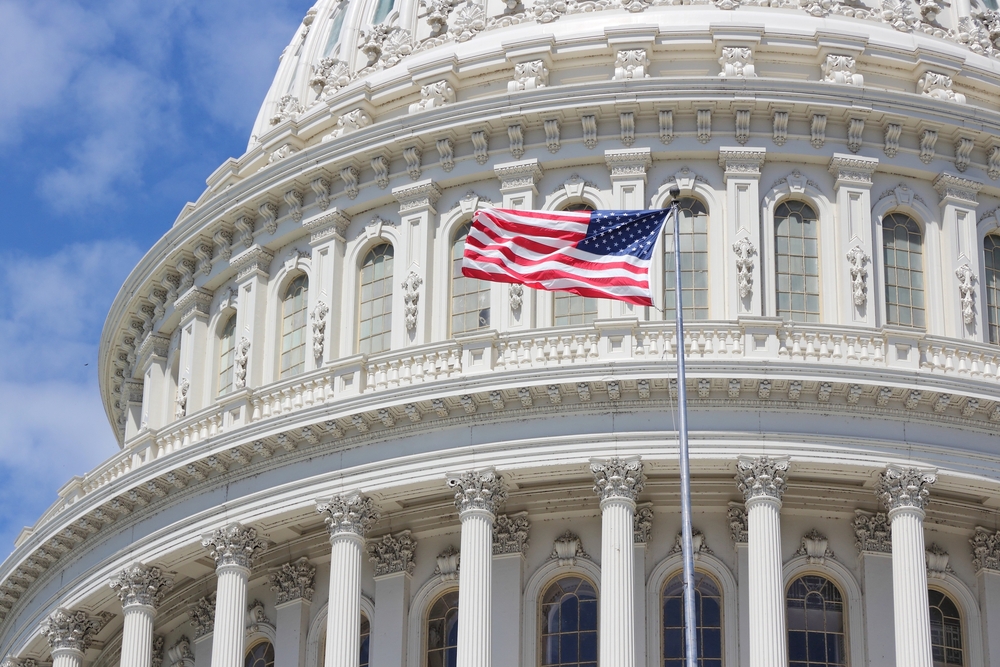Tomorrow, a subcommittee of the U.S. House will hold a hearing on H.R. 4219, the deceptively named “Workflex in the 21st Century” bill. The bill’s backers—the Society for Human Resource Management—claim that it will increase access to paid leave and workplace flexibility to full- and part-time workers across the country. In reality, the bill will undermine robust state and local paid sick leave and fair scheduling laws as well as efforts nationwide to ensure that workers can take time off to care for their loved ones.
Current paid sick leave laws—which are on the books in 10 states and dozens of localities all over the country—allow employees to earn a legally set number of paid sick days and guarantee that they can use them as needed, for themselves and to care for their loved ones. The rights established under those laws are enforceable by workers. These laws, which have been carefully considered and passed by elected officials or by voters in ballot initiatives, have improved the lives of workers, allowing them to take time for preventative care, to recover from illnesses, to care for sick relatives, or to seek help when experiencing domestic violence. Research clearly shows these laws benefit workers and their loved ones, improve public health, and work well for employers. Similarly, fair scheduling laws have been passed in several states and localities addressing the problems of unpredictable schedules for many low-wage shift workers.
The threat to paid leave
H.R. 4219 would allow employers to opt out of these state and local laws; the bill would replace a clear, legal entitlement to a minimum amount of paid sick time for personal or family care with “compensable leave” that employers can define with few practical limitations. Indeed, an employer could choose to provide no sick time under this law if the employer prefers providing only vacation time or personal days or holidays. Under the law, for example, a business that shuts down in August for two weeks and pays employees for that time would not have to provide any additional time off when a worker or a worker’s family member is sick even if the jurisdiction in which the business operates requires paid sick time. Further, under H.R. 4219, employers could reject requests for time off if they would “unduly disrupt” the employer’s operations, leaving open the possibility that this bill would allow employers to deny a worker—even if extremely ill—the right to take sick time if the employer deems it inconvenient. The bill would also turn back the clock on modern paid leave policies that recognize that workers often must take time off when their family members are sick. In the past—and even today in places without paid sick time protections—employers often did not allow sick time use to care for family members. All of the paid sick time laws passed across the country allow use to care for family, and many include a broad definition that reflects the realities of modern families. If passed, H.R. 4219 would allow employers to ignore the diversity of families and prohibit workers from taking time to care for any family members at all.
The threat to fair scheduling
The bill would also undermine fair scheduling efforts nationwide. Fair scheduling laws are being passed in states and localities to stop the most abusive scheduling practices affecting low-wage workers, such as on-call scheduling and last-minute changes in schedule. H.R. 4219 would allow employers to disregard these state and local laws, which are directly targeted at the scheduling problems low-wage workers face, as long as they provide some “compensable time off” (as explained above) and one of a list of flexible work arrangements, none of which address the problems most shift workers have with respect to scheduling. The only arrangement on the list in the law that might address low-wage worker problems is “predictable scheduling,” but the bill’s use of that term is so vague that it offers no protection to workers; it is defined as a work schedule that provides an employee with “reasonable advanced notice; and that is subject to as few alterations as possible”—language that offers no specific protection at all.
Urging Congress to Reject H.R. 4219
A Better Balance urges Congress to recognize H.R. 4219 for what it is: an attack on workers, families, and local democracy that weakens duly enacted state and local protections for workers without creating a comparable federal standard. A Better Balance has been working with states and localities to pass these laws that clearly protect workers and give them a right to sick time and scheduling protections. We have also been working with national partners to adopt federal paid sick leave and scheduling laws that build on existing protections rather than weaken them. The Healthy Families Act (H.R. 1516) would set a strong national standard for paid sick leave while allowing cities and states to create stronger policies, and the Schedules that Work Act (H.R. 2942) would guarantee predictable schedules and strengthen rather than undermine overtime protections. These laws would be a true step forward in the fight to expand worker protections across the country.
You can help! Call (202) 224-3121 to be connected to your Representative (search here to find out who represents you). Tell them to reject H.R. 4219, which threatens state and local paid leave and scheduling protections. Instead, ask them to truly support working families by co-sponsoring H.R. 1516, the Healthy Families Act, and H.R. 2942, the Schedules That Work Act.








